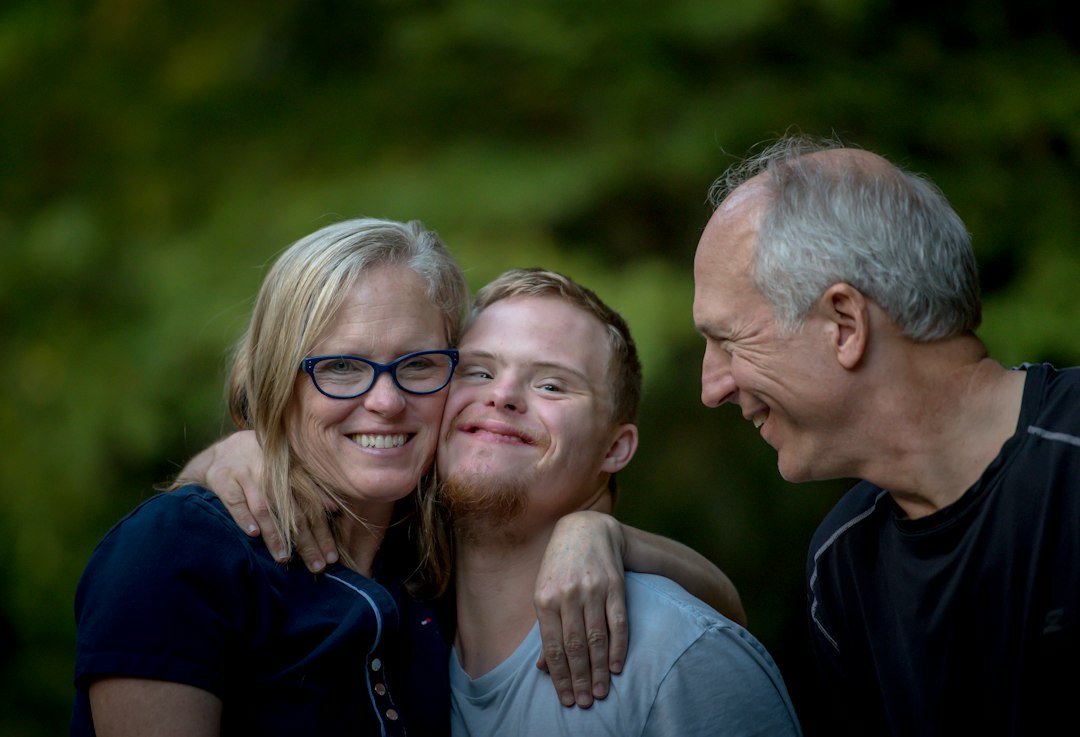The Impact of Community-Based Mentoring Programs
In today’s world, where many young individuals face various challenges, community-based mentoring programs have emerged as a powerful tool for positive change. These programs are designed to provide guidance, support, and encouragement to young people, helping them overcome obstacles and develop the necessary skills to succeed in life. By connecting mentors with youth in their local communities, these programs create a valuable avenue for personal growth, empowerment, and community engagement. The impact of community-based mentoring programs cannot be overstated, as they have the potential to transform lives and build stronger communities.
One of the primary benefits of community-based mentoring programs is the opportunity they afford young people to develop positive relationships with mentors. By pairing adult mentors with youth facing adversity, these programs create a supportive and trustworthy environment for personal growth. Mentors serve as role models, providing guidance and encouragement in various areas such as education, career, personal development, and mental health. Research consistently shows that youth who have regular contact with a mentor are more likely to stay in school, graduate, pursue higher education, and make healthier life choices. These relationships build self-confidence, resilience, and a sense of belonging, which are crucial to navigating the challenges of adolescence.
Moreover, community-based mentoring programs help address the issue of social isolation among young people. Many young individuals, particularly those from disadvantaged backgrounds, face a lack of positive adult role models and support systems. Mentoring programs provide these youth with a consistent and caring presence in their lives. Through regular meetings, mentorship programs offer a sense of stability and reliability, ensuring that young people have someone to turn to during difficult times. This connection can be especially important for those who come from broken homes or unstable environments, as mentors provide a safe space where they can share their concerns, fears, and aspirations.
The impact of community-based mentoring programs extends beyond the individual level; it also strengthens the entire community. By fostering positive relationships between mentors and youth, these programs create a sense of connectedness and belonging that extends beyond the mentor-mentee relationship. As young individuals participate in mentoring activities, they become more engaged in their communities, develop a sense of civic responsibility, and are more likely to make positive contributions. This engagement can improve community dynamics, reduce crime rates, and create a more cohesive and supportive neighborhood.
Additionally, community-based mentoring programs have economic benefits for communities. By providing youth with the necessary tools and guidance for personal development, these programs contribute to a stronger and more skilled workforce. Mentored youth are more likely to find stable employment, earn higher wages, and have better long-term career prospects. As a result, they become productive members of society, reducing dependency on social welfare programs and contributing to the overall economic growth of their communities.
To fully realize the impact of community-based mentoring programs, it is crucial to invest in their sustainability. Adequate funding is vital to ensure that these programs can reach more young individuals and provide them with the necessary resources and support. Moreover, partnerships and collaborations between different stakeholders, such as schools, non-profit organizations, businesses, and government entities, are necessary to maximize the effectiveness and reach of these programs.
In conclusion, community-based mentoring programs have a profound impact on young people and their communities. By fostering positive relationships, providing support, and encouraging personal growth, these programs empower youth to overcome challenges and reach their full potential. The benefits of community-based mentoring programs extend beyond the individual level, strengthening communities economically, socially, and emotionally. As we continue to invest in these programs and expand their reach, we set the stage for a brighter future, where every young individual has the opportunity to thrive and make a positive impact in their community.

